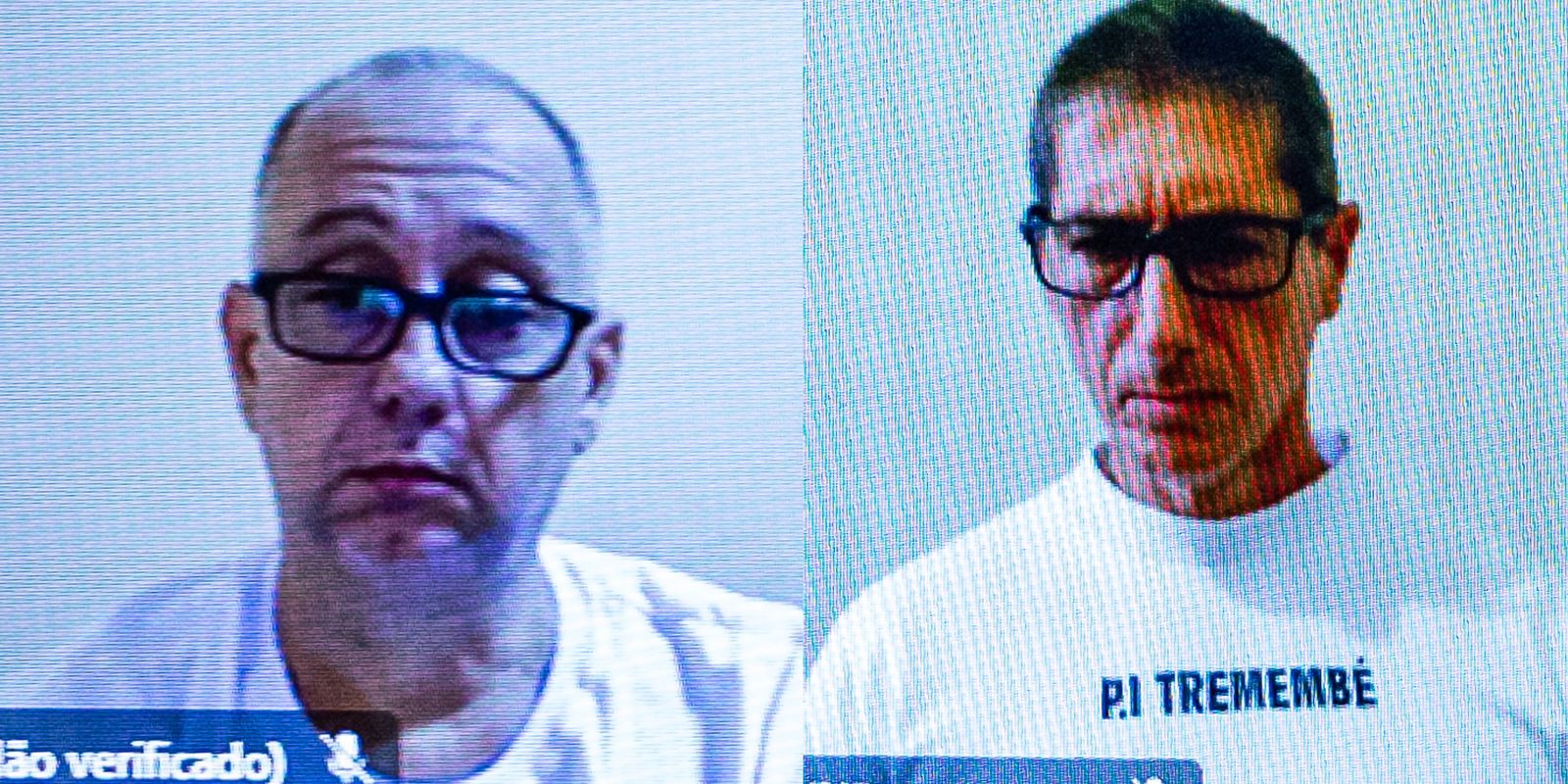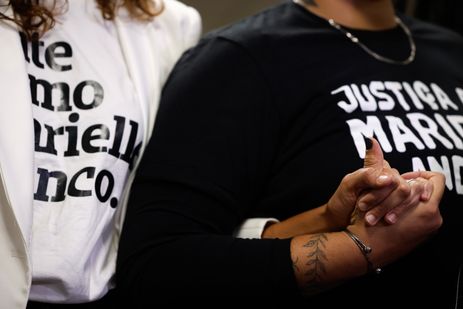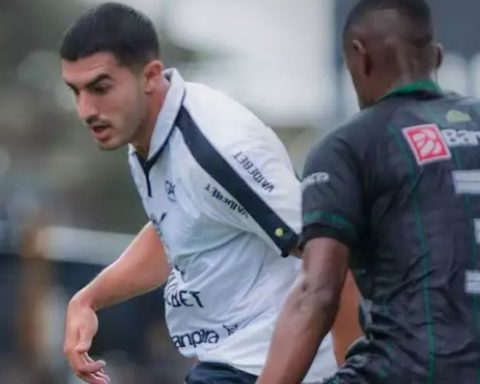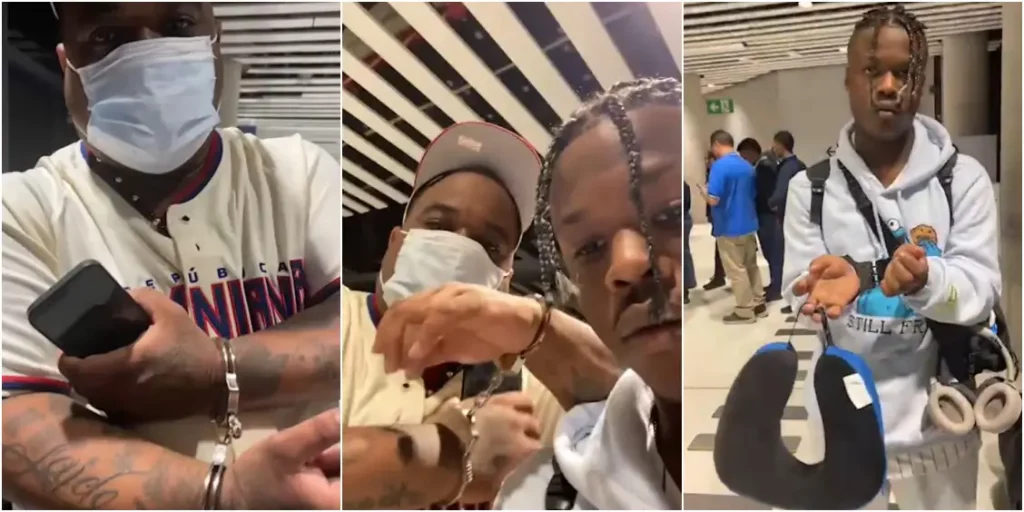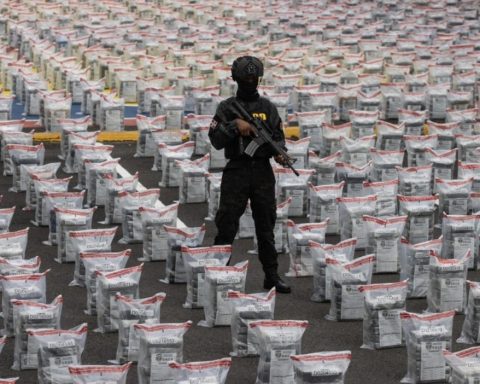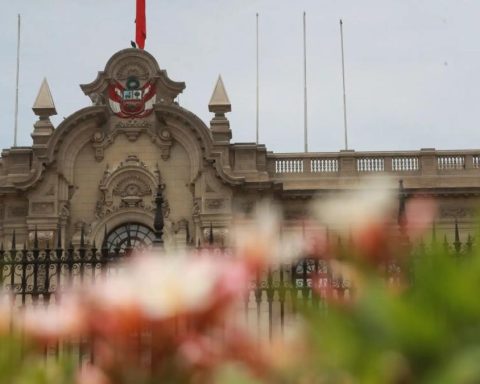The Public Ministry of Rio de Janeiro (MPRJ) said this Thursday (31), shortly after the sentence of conviction of Ronnie Lessa and Élcio de Queiroz at the 4th Jury Court, in Rio de Janeiro, which will analyze what it called a “discrepancy” between the sentences received by the two. For the murders of Marielle and Anderson, Ronnie was sentenced to 78 years, 9 months and 30 days. Élcio, 59 years, 8 months and 10 days.
“It’s a technical issue. We still haven’t had access to the sentence. Let’s take a calm look and see whether or not it is necessary to appeal. We noticed this 20-year difference between Élcio and Ronnie, and it seemed like a big discrepancy. We will look at this calmly and, if necessary, we will appeal”, said prosecutor Eduardo Martins.
During the trial, the Public Prosecutor’s Office defended 84 year sentences for each of the accused. The understanding is that both should be held equally responsible for the murders, and it is not the case to differentiate between Ronnie Lessa, who shot Marielle and Anderson, and Élcio de Queiroz, who was driving the vehicle used in the crime.
The prosecution recalled that, despite the sentence, those convicted will effectively serve 30 years in prison, which is the maximum provided for in Brazilian legislation. And they will probably be entitled to a different progression because of the plea agreement.
The two convicts will also have to pay a pension to Anderson’s son, Arthur, until he turns 24. And pay, together, R$ 706 thousand in compensation for moral damages to Arthur, Ághata Arnaus (Anderson’s widow), Luyara Santos (Marielle’s daughter), Mônica Benicio (Marielle’s widow) and Marinete Silva (Marielle’s mother). Each one will receive the amount.
Questioned by takes six years and seven months Until the trial could be reached, prosecutors listed elements that delayed the progress of the process.
“I apologized, on behalf of the Public Ministry, for the delay. Although, this cannot be attributed to the Public Ministry, and often cannot be attributed to the Judiciary. We live in a democracy, and every defendant has the right to defense. We went through a pandemic in the middle of this process. These defendants appealed the indictment sentence to the last instance. So, yes, there was a delay, which also arises from the right to defense. And all this time, they were trapped. And, due to the collaborations, there would also be a delay, because it was not possible to schedule the trial of those who are seeking to collaborate”, said Eduardo Martins.
Regarding the meaning of the convictions, prosecutors reinforced the importance of the sentence for strengthening Brazilian democracy.
“This is a response from state entities that we do not leave those who attack democracy, those who attack institutions, unpunished. It is not a crime against a person. It is a crime against an entire formed structure”, said prosecutor Fábio Vieira.
“It is a historic day for the Public Ministry, for Rio de Janeiro, for Brazil. It’s an important day for Justice. We managed, after so long, the first conviction”, said Eduardo Martins.
“Every criminal conviction is a message to those who intend to do something similar in the future. Whether in this or any other case, conviction is a message from society that does not accept, that does not tolerate this type of attitude. In this case, especially, due to the repercussion, it is a strong message”, he added.
